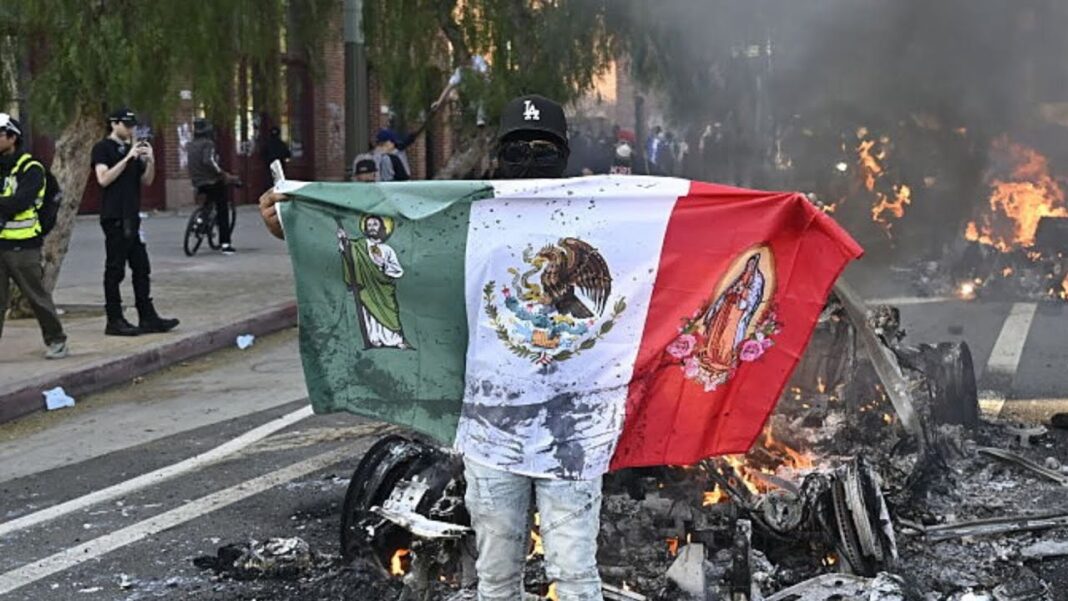Key parts of the president’s executive orders related to unwinding DEI and opposing gender ideology have been paused on constitutional grounds.
A federal judge in California has halted major provisions of President Donald Trump’s executive orders targeting diversity, equity, and inclusion (DEI) initiatives and transgender-related programming, siding with LGBT advocacy groups and other nonprofits that argued the policies unlawfully restrict constitutional rights.
In a June 9 ruling, U.S. District Judge Jon Tigar issued a preliminary injunction barring the Trump administration from enforcing three key elements of the orders: the so-called equity termination provision, the gender termination provision, and the gender promotion provision. These provisions directed federal agencies to cut off funding to programs that support DEI initiatives or promote gender ideology.
Tigar found that the challenged provisions likely violate the First and Fifth Amendments by engaging in viewpoint discrimination and targeting transgender individuals for disfavored treatment. He also held that defunding programs authorized by Congress may infringe on the constitutional separation of powers between the executive and legislative branches.
“These three funding provisions reflect an effort to censor constitutionally protected speech and services promoting DEI and recognizing the existence of transgender individuals,” Tigar wrote. “These provisions seek to strip funding from programs that serve historically disenfranchised populations in direct contravention of several statutes under which Plaintiffs receive funding.”
The ruling came in response to a lawsuit filed by a coalition of nonprofits, including the San Francisco AIDS Foundation, the Los Angeles LGBT Center, and others that rely heavily on federal grants to provide services like housing and HIV prevention, and that engage in LGBT advocacy. Several of the groups said they had already received funding termination notices citing the executive orders.
However, Tigar’s injunction leaves in place other aspects of Trump’s directives, including a provision requiring federal grantees to certify that they do not operate DEI programs that violate anti-discrimination law. The judge declined to block that certification provision, finding that the plaintiffs failed to show it exceeds the scope of existing legal requirements.
Still, the ruling represents an initial setback to the administration’s efforts to unwind federal support for DEI programming. which it said favors certain groups while discriminating against others.
By Tom Ozimek








